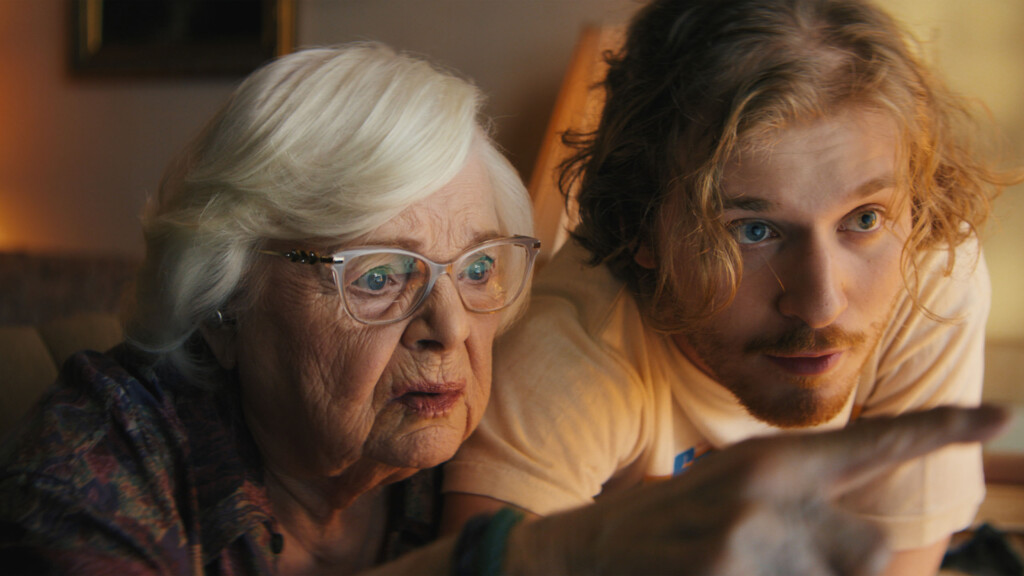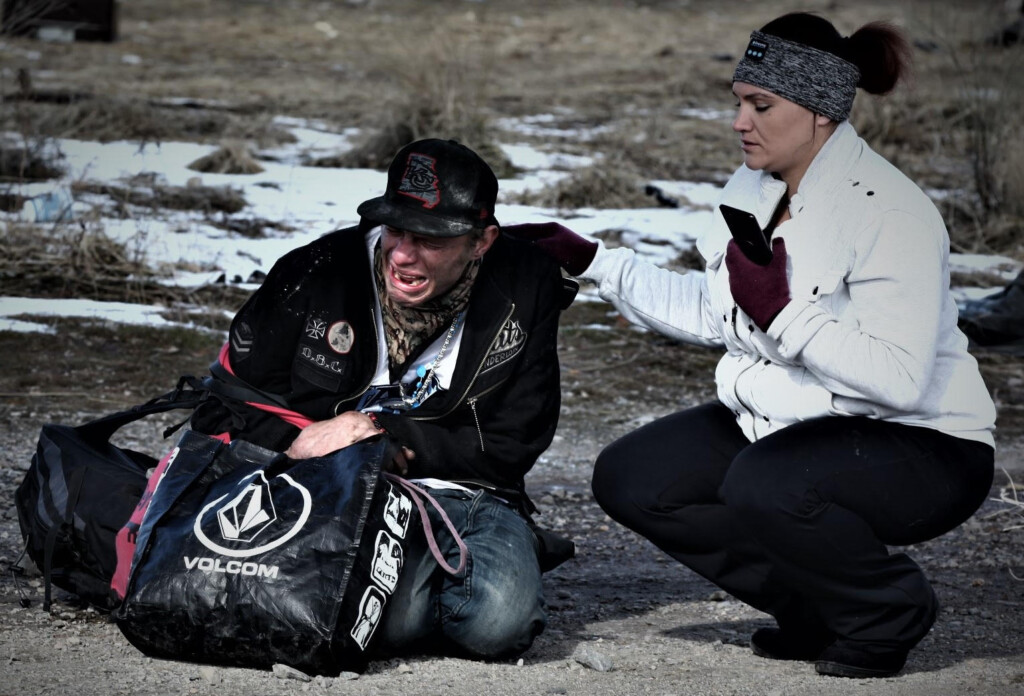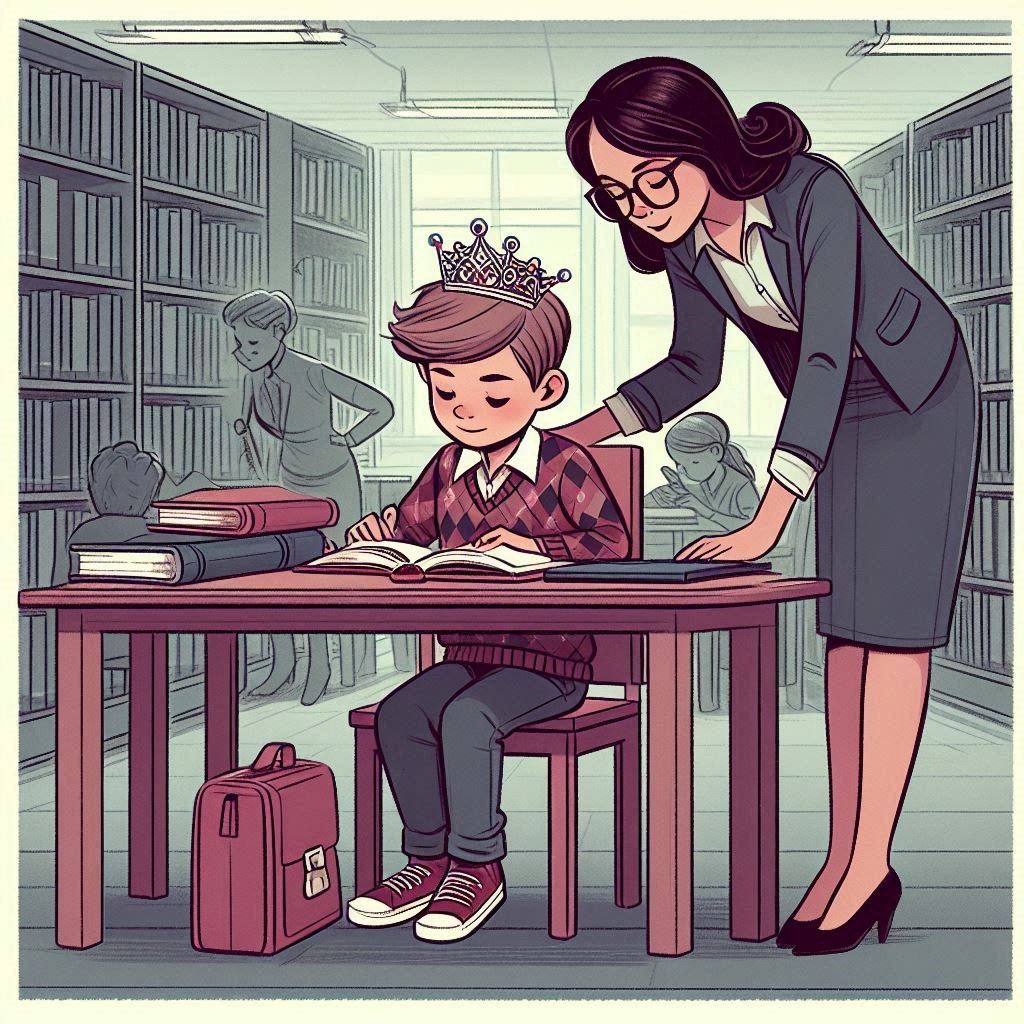Thelma follows Thelma Post (June Squibb), a 93-year-old grandmother who gets caught in a phone scam and is bilked out of $10,000. Facing declining health and the passing of seemingly all of her friends and peers, Thelma is determined to take charge of her life and reclaim what was lost.
I attended the Friday 9:00 a.m. screening at the Prospector Square Theatre and got an up-close and personal look at writer/director Josh Margolin’s latest film. Margolin based Thelma on his personal experience with the now 103-year-old grandmother who was the inspiration for the story. The film delves into not only a hilarious revenge tale but also the very real notion that mortality comes for us all. The film was a laugh riot among the sold-out and packed theater, reminding everyone how much of a community experience the festival can be.

To me, the pacing and the flow of the film were uneven in the middle, but filmmaker Josh Margolin absolutely nails the beginning, especially in tone. This film has an absurdist (over-the-top humor) quality, as the protagonist, a 93-year-old grandmother, seeks revenge on criminals with nothing but a scooter as her only means of transportation. With motifs of Tom Cruise and cockroaches, this film is sure to be one of the biggest audience pleasers at Sundance.
I stayed after the screening as actors June Squibb, Clark Gregg, and Fred Hechinger joined filmmaker Josh Margolin for an audience Q&A. They roundly praised Squibb’s performance and even mentioned how she and Hechinger, who plays her grandson, have remained friends since production ended.
I highly recommend Thelma, and if you’re looking to catch it before the festival ends, you can watch it online or attend in person. Tickets are still available!






